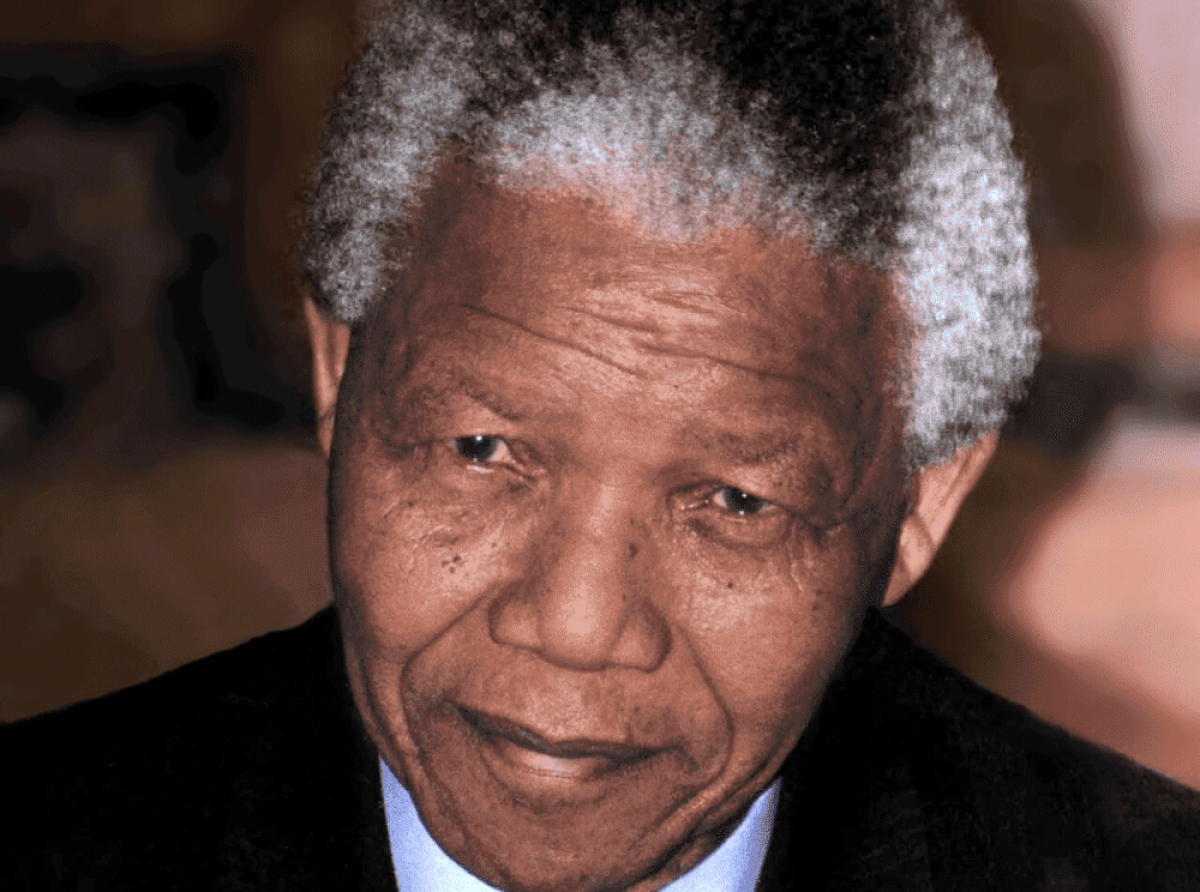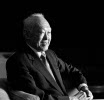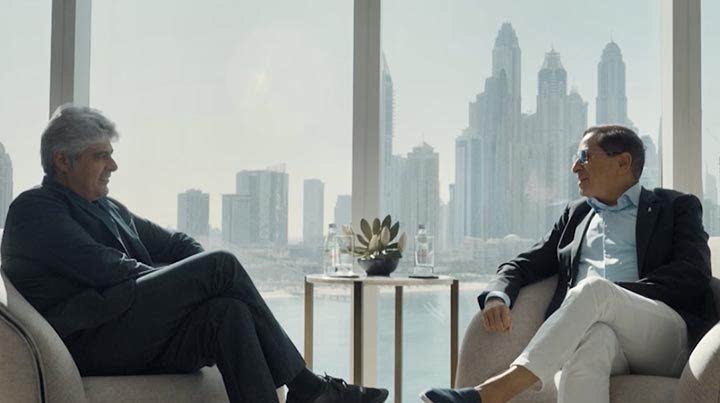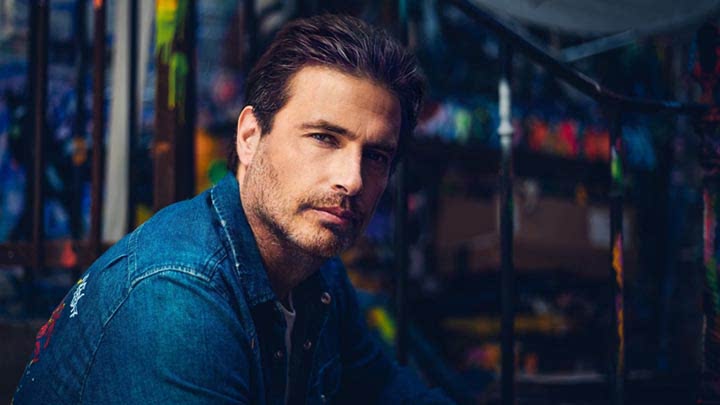
I am prepared to die. – Nelson Mandela, 1964
Nelson Rolihlahla Mandela, fondly known as Madiba, is an icon of resilience, courage, and the indomitable human spirit. Born on July 18, 1918, in Mvezo, South Africa, he would go on to become not only a symbol of hope but also the first Black president of South Africa, leading his nation through a transformative period from 1994 to 1999. His journey is a testament to the power of perseverance and the pursuit of justice.
Early Life and Activism
Mandela's early years were influenced by his noble heritage as the son of Chief Henry Mandela of the Madiba clan. After his father's passing, he was raised by Jongintaba, the regent of the Tembu. Despite his chieftainship birthright, Mandela chose a different path, opting to become a lawyer.
His pursuit of education took him to the South African Native College (later the University of Fort Hare) and the University of the Witwatersrand, where he studied law. In 1944, he joined the African National Congress (ANC), a group dedicated to Black liberation, and soon became a prominent figure within its Youth League. This marked the beginning of his lifelong commitment to challenging apartheid.
In Johannesburg, 1952 saw Mandela, alongside fellow ANC leader Oliver Tambo, establishing South Africa's first Black law practice. Specializing in cases resulting from apartheid legislation, they aimed to combat the injustice ingrained in the legal system. This same year, Mandela played a crucial role in launching a campaign against the infamous pass laws, which restricted the movements of nonwhite individuals.
The Defiance Campaign and the Freedom Charter
Traveling tirelessly across the country, Mandela sought support for nonviolent resistance against discriminatory laws. In 1955, he contributed to the drafting of the Freedom Charter, a visionary document advocating nonracial social democracy in South Africa. Mandela's antiapartheid activism painted a target on his back, leading to intermittent bans and harassment by authorities.
The Rivonia Trial and Imprisonment
The Sharpeville Massacre in 1960, where unarmed Black South Africans were killed by police, marked a turning point. The ANC was banned, prompting Mandela to abandon nonviolence and advocate sabotage against the apartheid regime. His involvement in the launch of Umkhonto we Sizwe, the ANC's military wing, reflected this shift.
In 1962, Mandela underwent training in guerrilla warfare and sabotage in Algeria, returning to South Africa later that year. His journey took a dramatic turn when he was arrested at a roadblock in Natal on August 5. Subsequently, he received a five-year prison sentence. The infamous Rivonia Trial in 1963, named after the Johannesburg suburb where police discovered weapons at the Umkhonto we Sizwe headquarters, resulted in Mandela's life imprisonment.
During his incarceration on Robben Island Prison and later Pollsmoor Prison until 1988, Mandela remained an enduring symbol of resistance and hope for South Africa's Black population. The government made conditional offers of freedom to him, but he refused, emphasizing his status as a prisoner and the need for negotiations between free parties.
The Road to Freedom and Presidency
On February 11, 1990, South Africa, led by President de Klerk, released Mandela from incarceration, signifying a pivotal turning point in the country's history. Shortly after his release, Mandela assumed leadership roles within the ANC and engaged in negotiations with de Klerk to dismantle apartheid.
In April 1994, under Mandela's leadership, the ANC won South Africa's first elections with universal suffrage. On May 10, he was sworn in as the president of the country's first multiethnic government. His tenure was marked by efforts to heal the wounds of apartheid, including the establishment of the Truth and Reconciliation Commission and initiatives aimed at improving the living standards of Black South Africans.
Mandela's legacy extended beyond his presidency. He remained an advocate for peace, reconciliation, and social justice through the Nelson Mandela Foundation and the Elders, a group of international leaders. His 90th birthday in 2008 was celebrated globally, honoring his remarkable life and contributions.
Mandela Day, observed on his birthday, promotes community service worldwide. His writings and speeches, collected in various volumes, continue to inspire generations. The autobiography "Long Walk to Freedom" chronicles his early life and prison years, while "Dare Not Linger: The Presidential Years," completed posthumously, offers insights into his presidency.
Nelson Mandela's journey is a testament to the enduring human spirit and the capacity for change. His legacy lives on, a guiding light for those who champion justice, equality, and the enduring hope for a better world.

















